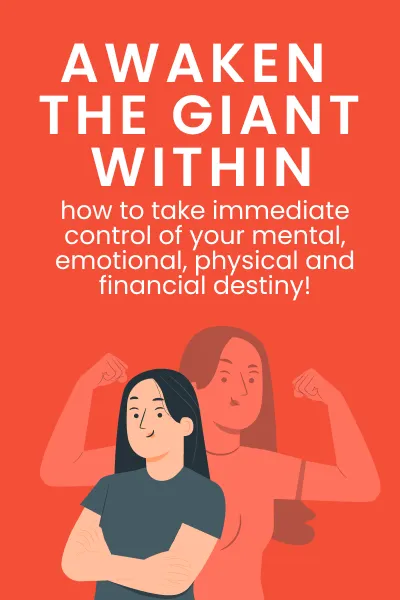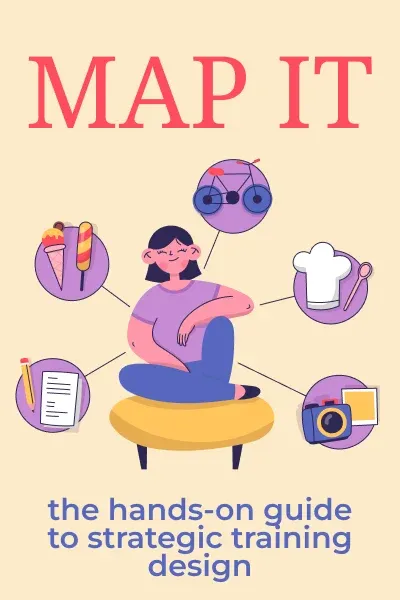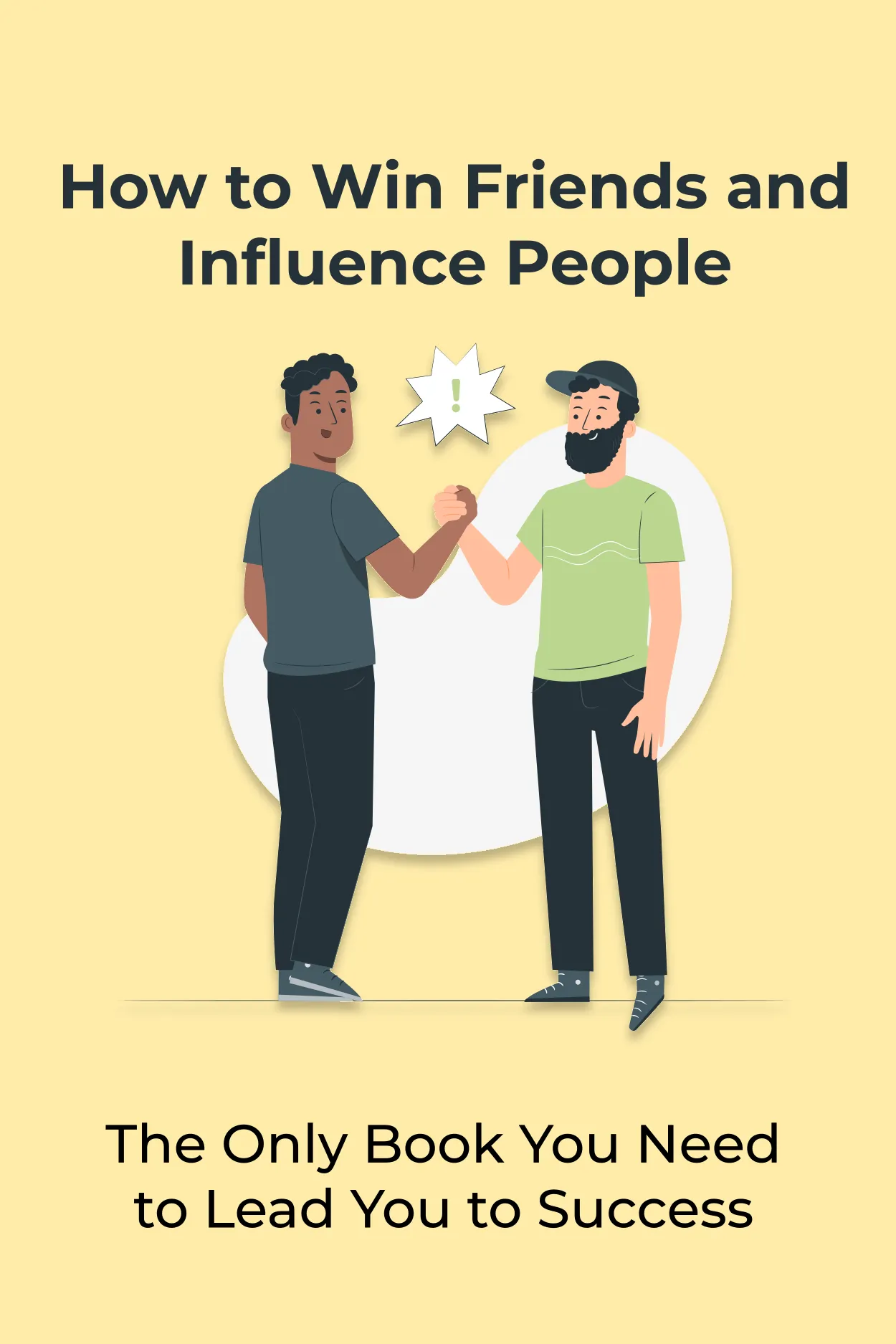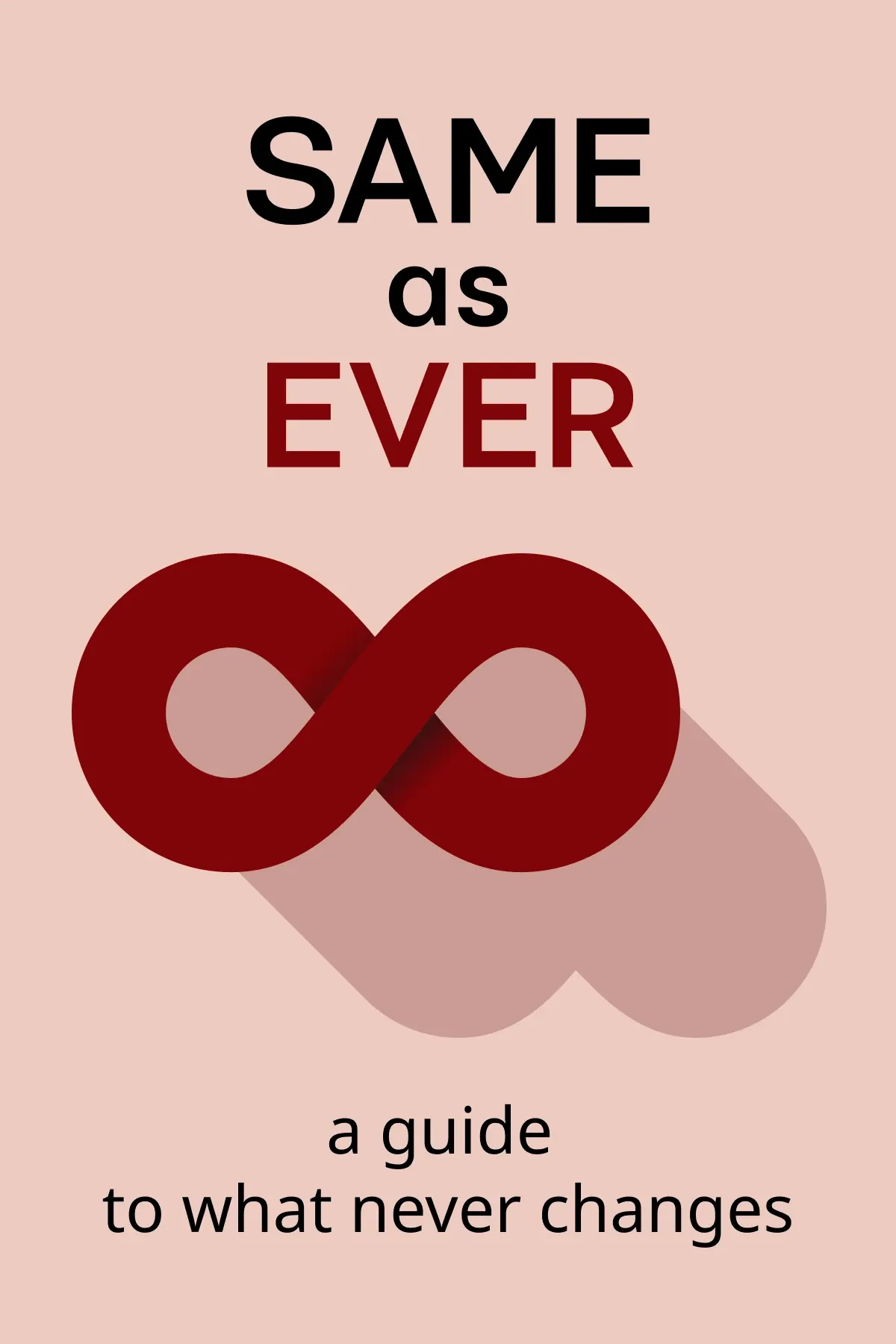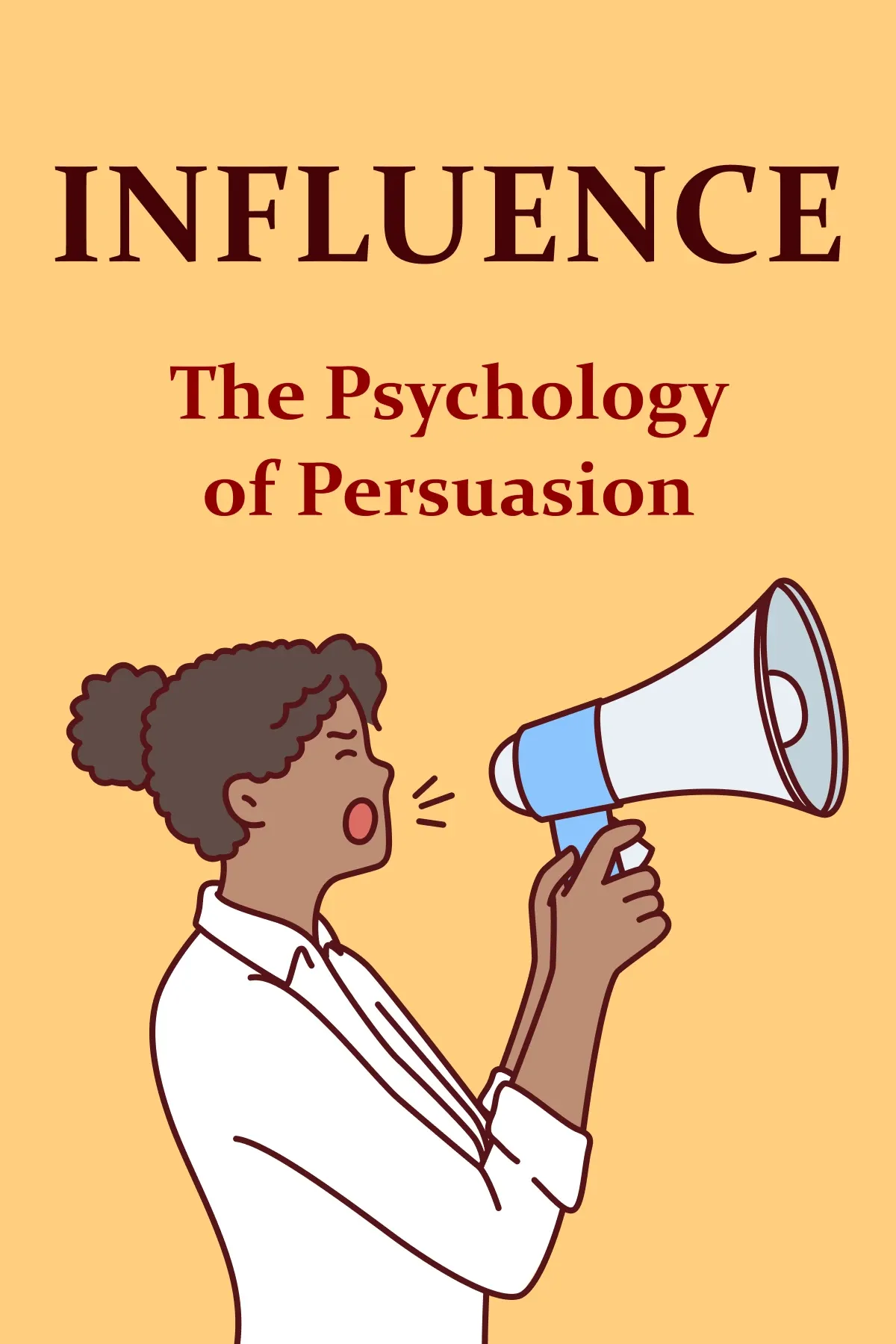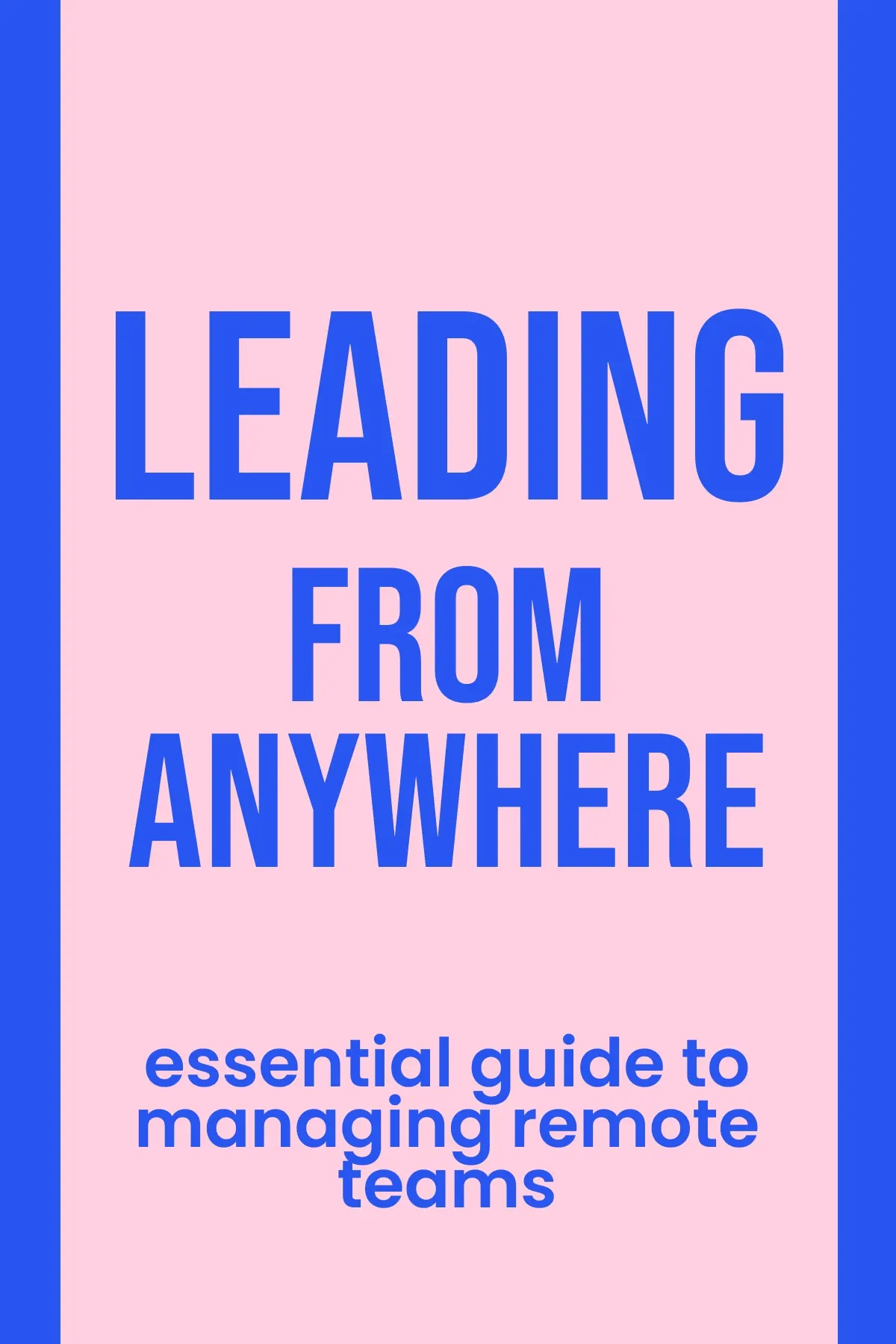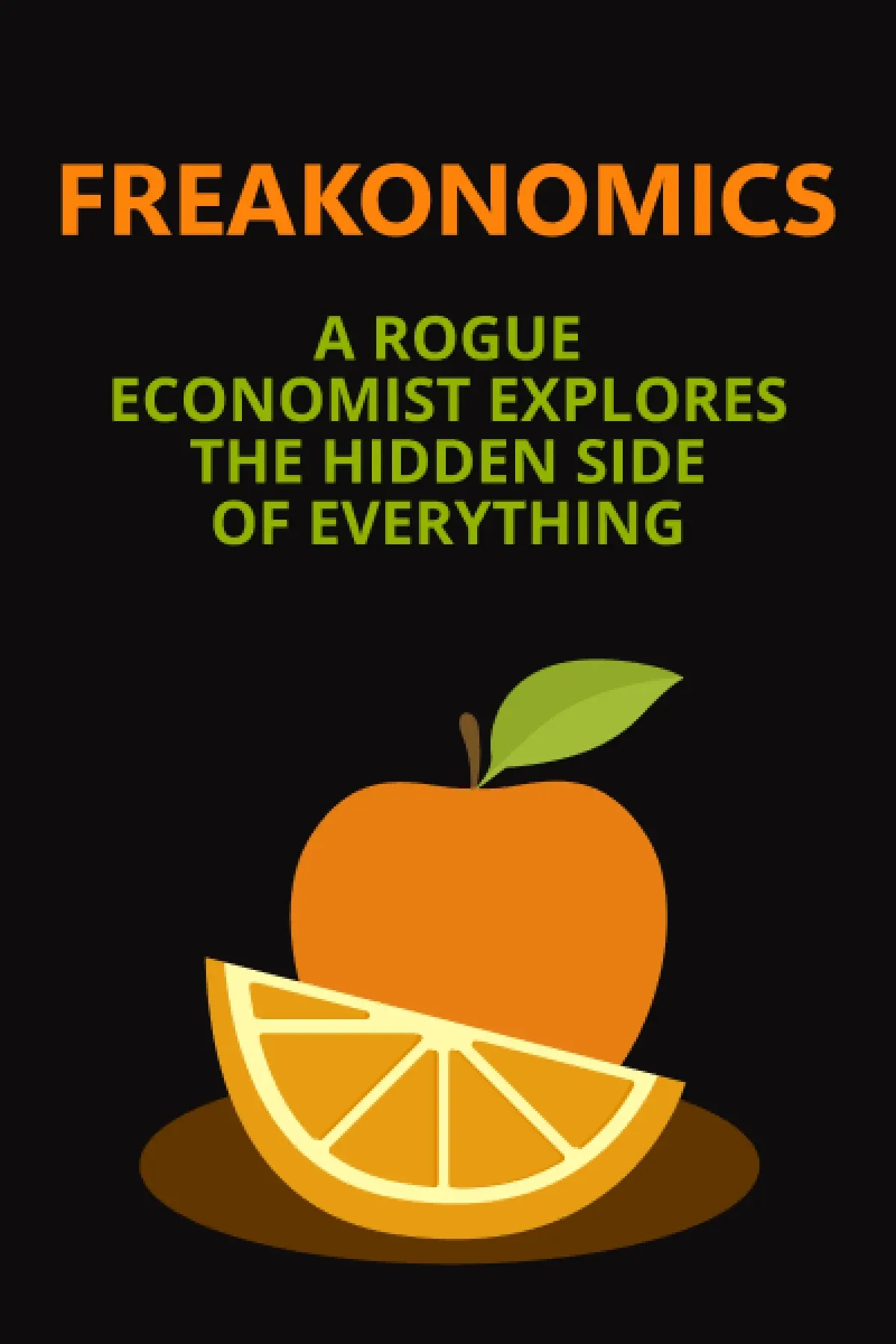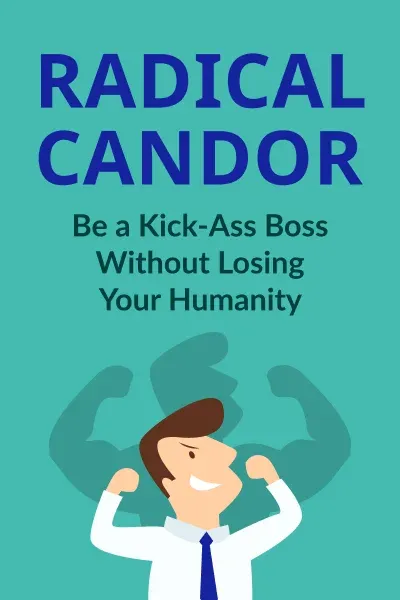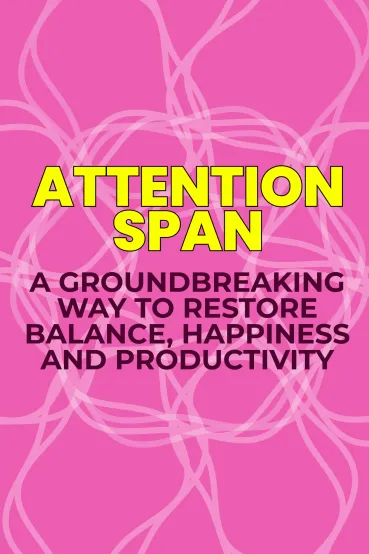
Attention Span
Brief Summary
In “Attention Span,” Gloria Mark uncovers the science of how our minds juggle focus in today’s nonstop digital world. Why does our attention constantly slip away? How does technology hijack it? Just click read and you’ll find answers to these questions and also practical, research-backed strategies to reclaim control and boost productivity.
Key points
Key idea 1 of 6
Do we just need to be focused to remain productive? Our focus indeed is crucial in how we think and work, but it’s just part of the story. In reality, attention is a much richer and more dynamic process.
Psychologists define attention as the ability to process some aspects of our surroundings while ignoring others. It depends on a complex neural network system that manages skills like maintaining awareness or exercising self-control. Depending on what we’re doing and how stimulating or challenging it is, our brains shift between different kinds of attention.
When we’re both highly engaged and mentally challenged, we enter a state of focused attention. This is what happens when you’re fully absorbed in an important project or a complex problem. But attention isn’t simply about toggling between focused and unfocused states. Sometimes, we’re engaged without much challenge, such as when scrolling through social media or playing a simple game. Psychologists call this rote attention—you’re alert and active, but your brain isn’t working particularly hard.
Other times, when we lack both engagement and challenge, we drift into boredom. And in situations where a task is difficult but we aren’t mentally invested, frustration tends to take over.
Just as we follow biological rhythms for sleep and wakefulness, our attention flows throughout the day. For most people, the ability to concentrate peaks mid-to-late morning and again in the mid-afternoon. It’s the key to being most productive during the day. When you recognize your own rhythm, you can plan your schedule more effectively, reserving your most demanding tasks for those windows when your brain is naturally ready for deep work.
But because focus drains cognitive resources, we need ways to recharge. Sleep and vacations are essential, but brief mental breaks during the day also play a crucial role. Low-effort, enjoyable activities provide small opportunities for recovery that help us restore the energy needed for sustained concentration. Interestingly, research shows that people often feel happier during these low-stakes moments than when they’re in the thick of focused work.
FAQ
You may also like these summaries


